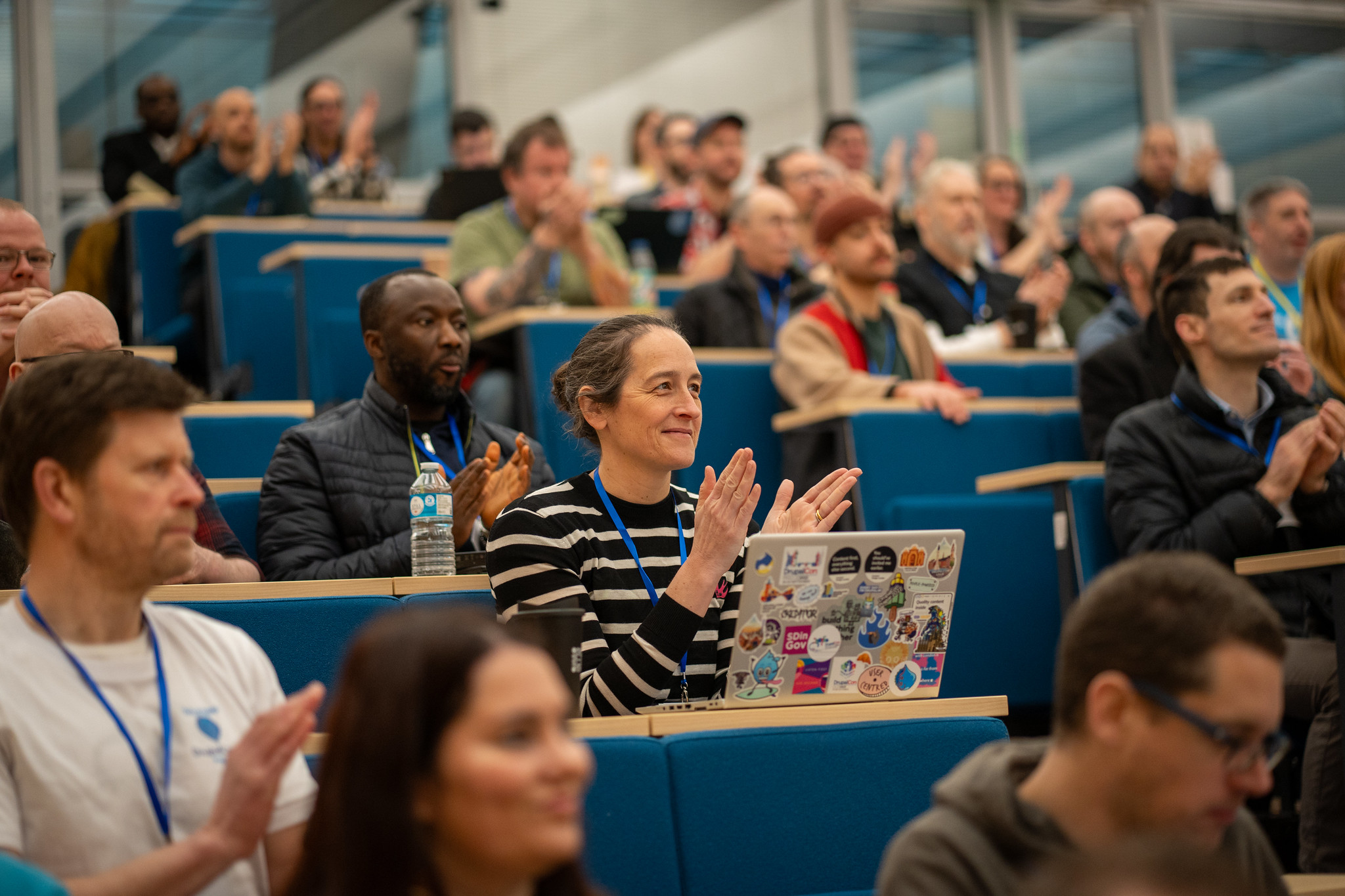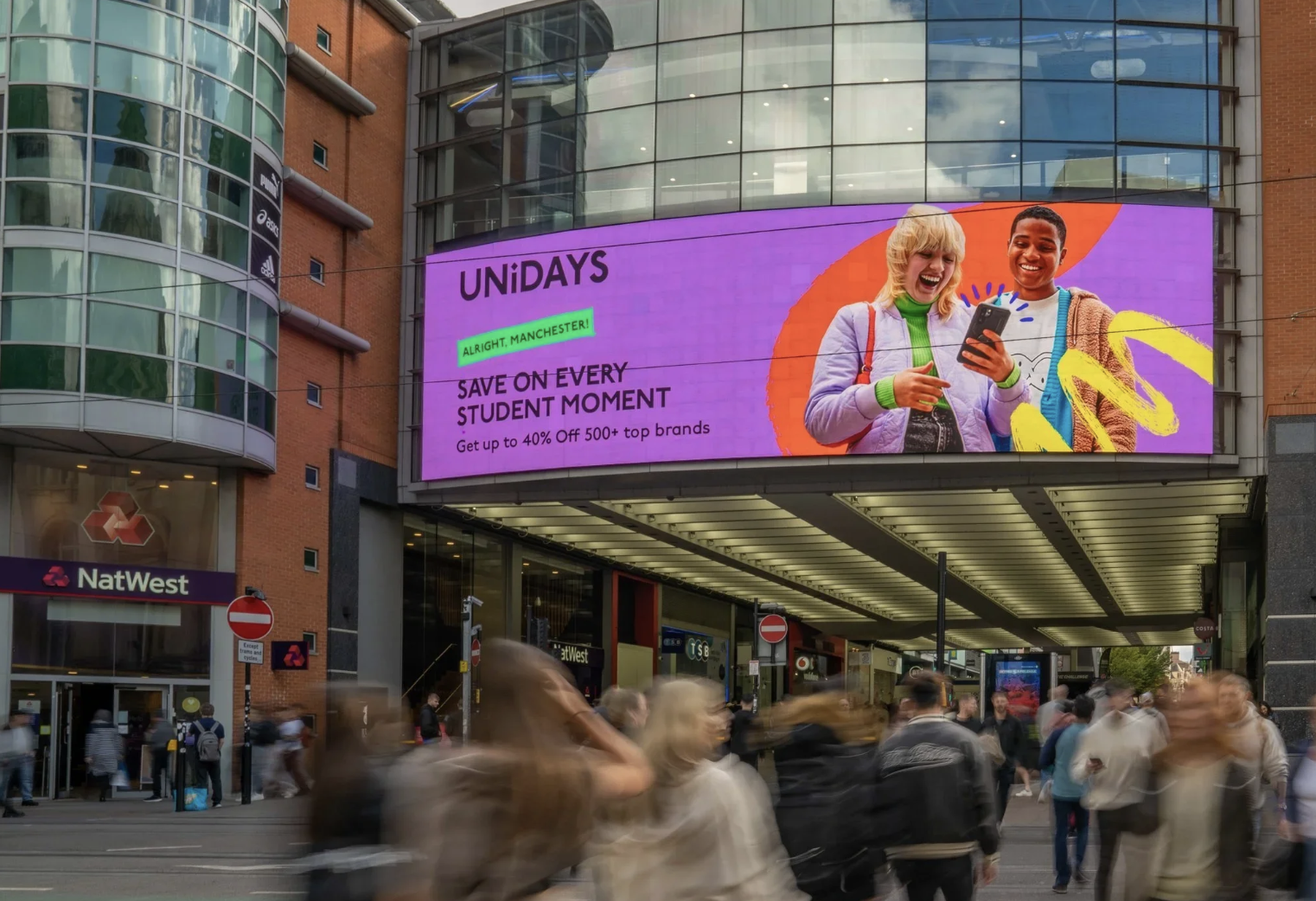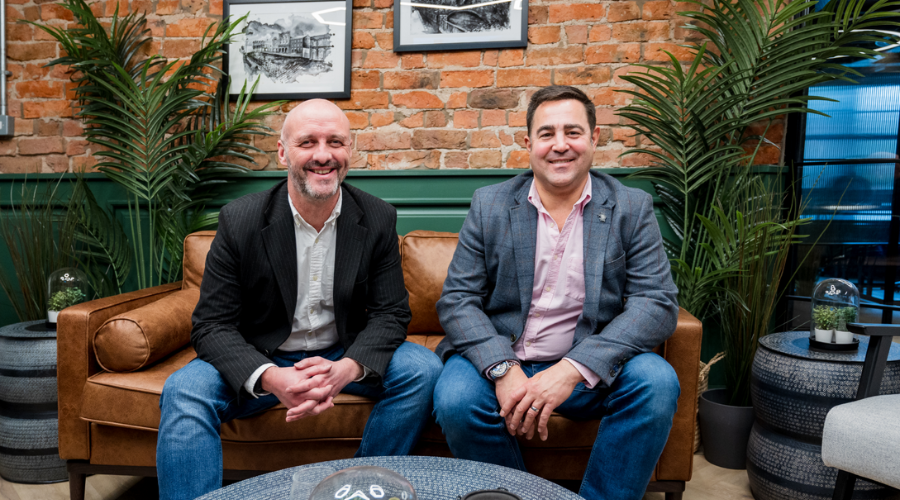Next generation mobile services have the potential to cause interference issues for up to two million UK households, the head of Freeview has warned. Ilse Howling has called on the government to make sure there are sufficient funds to deal with the problem.
Millions of homes are likely to need filters installed to mitigate the issue. 4G services will be launched next year. Spectrum freed up by the switch over to digital TV is highly sought after by mobile operators, because it offers in-building coverage and promises to speed up services significantly.
But because the 4G spectrum will sit next to that used by the free-to-air digital platform Freeview, there could be a problem. "They are butted up against each other. As 4G services are launched next year there will be interference," said Ms Howling.
Currently 24 million households in the UK watch TV via Freeview. Of these around half use Freeview as their sole TV platform, according to the firm. Homes within two kilometres (1.24 miles) of a 4G base station are likely to experience interference and, for some, there will also be a loss of channels.
The Department for Culture, Media and Sport (DCMS) has announced contingency plans for those affected by interference. Filters will be fitted to some houses, while those worst affected will need to be transferred to other platforms, such as satellite and cable. The costs for this will be paid by the mobile operators who take over the spectrum.
Ms Howling told the BBC that the government has underestimated the amount of money needed to fix the problem.









